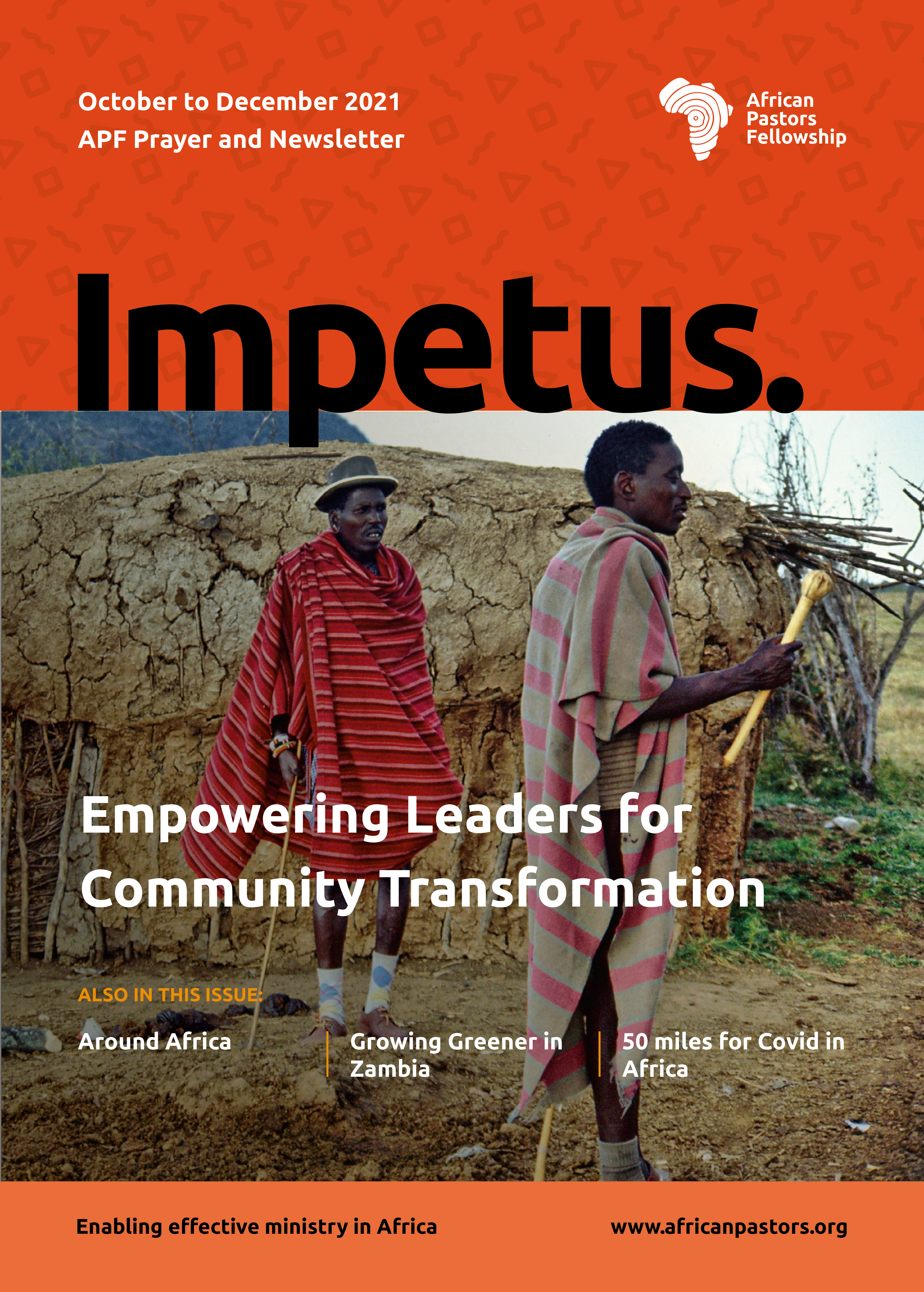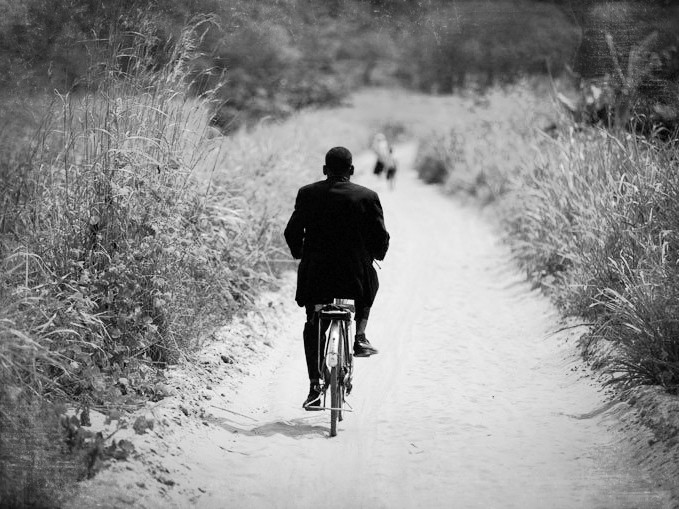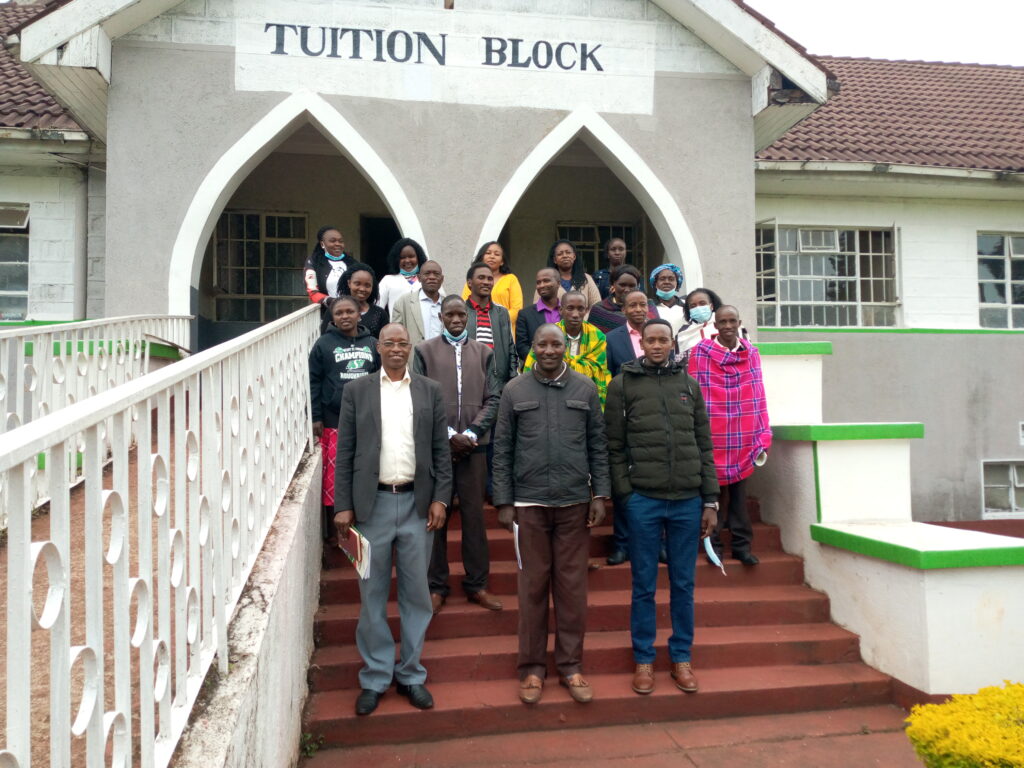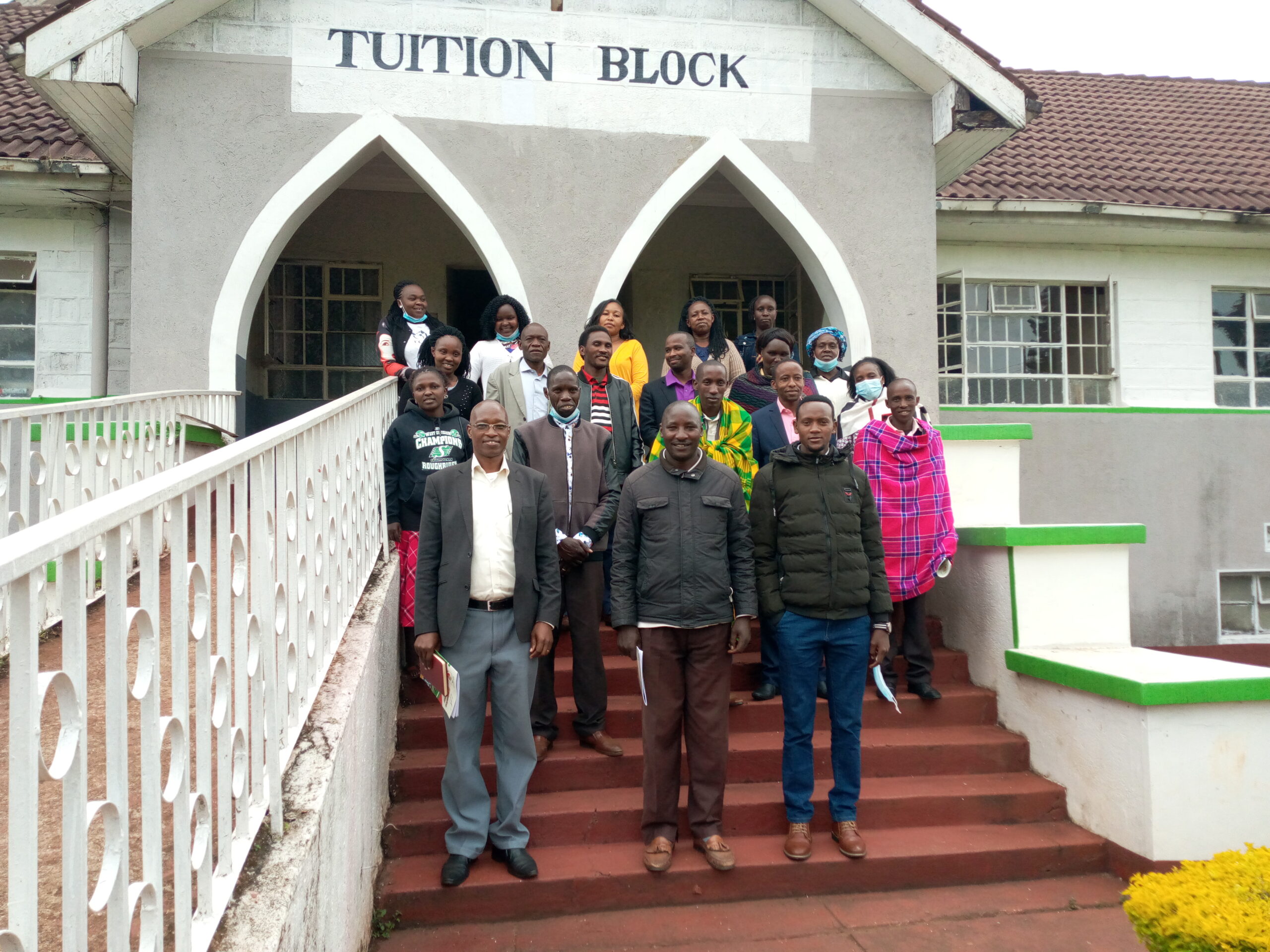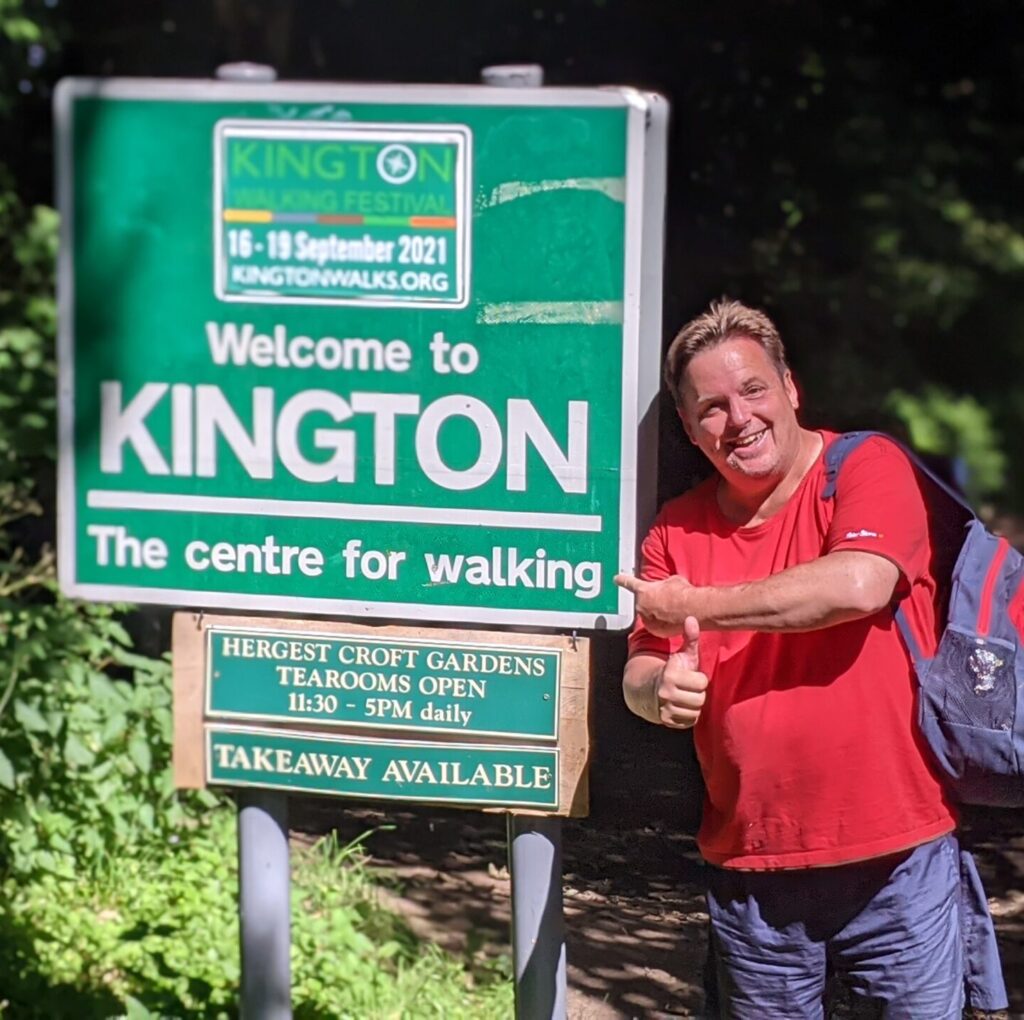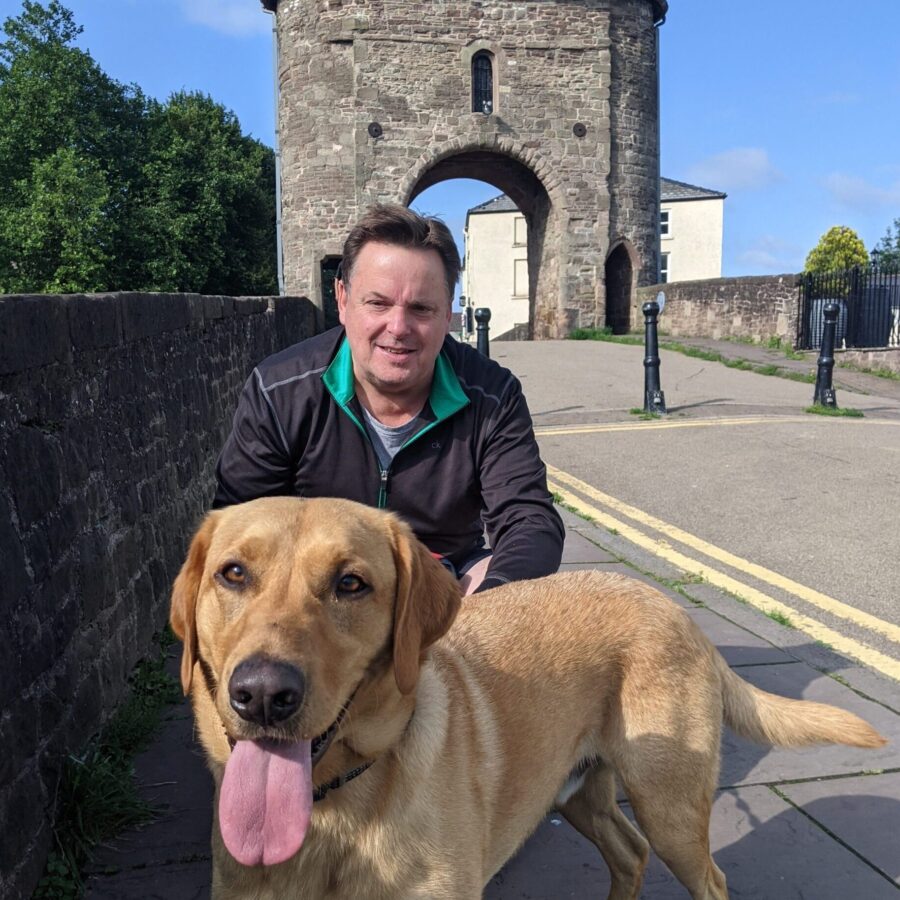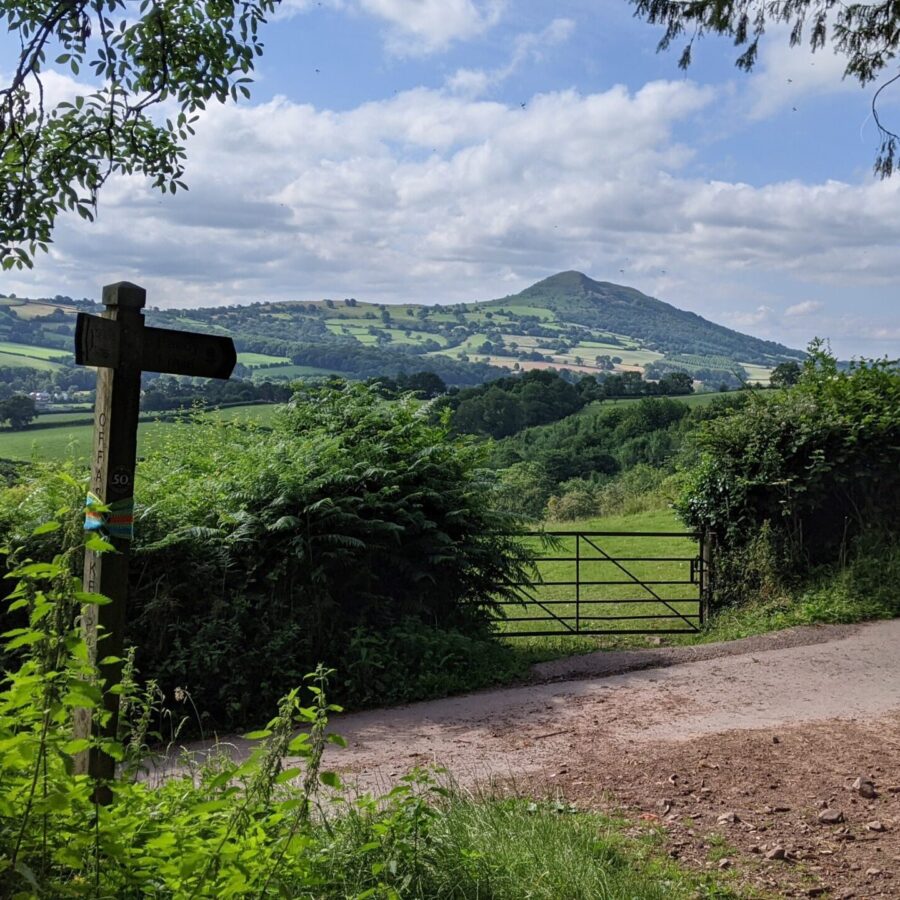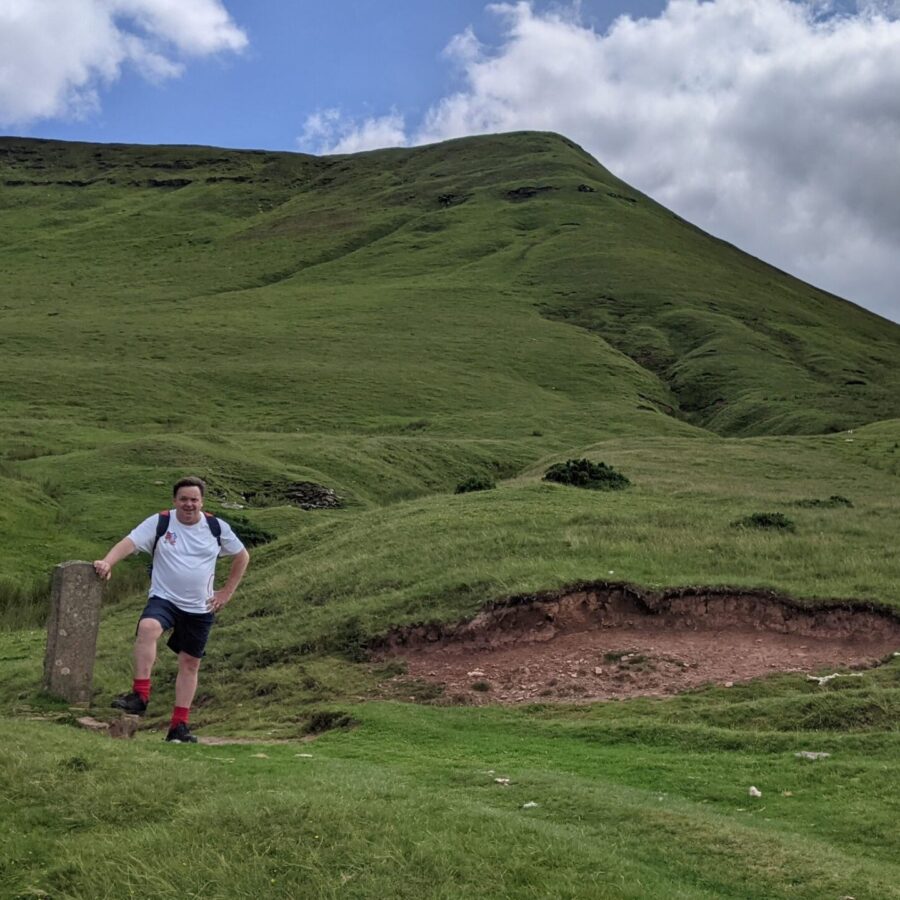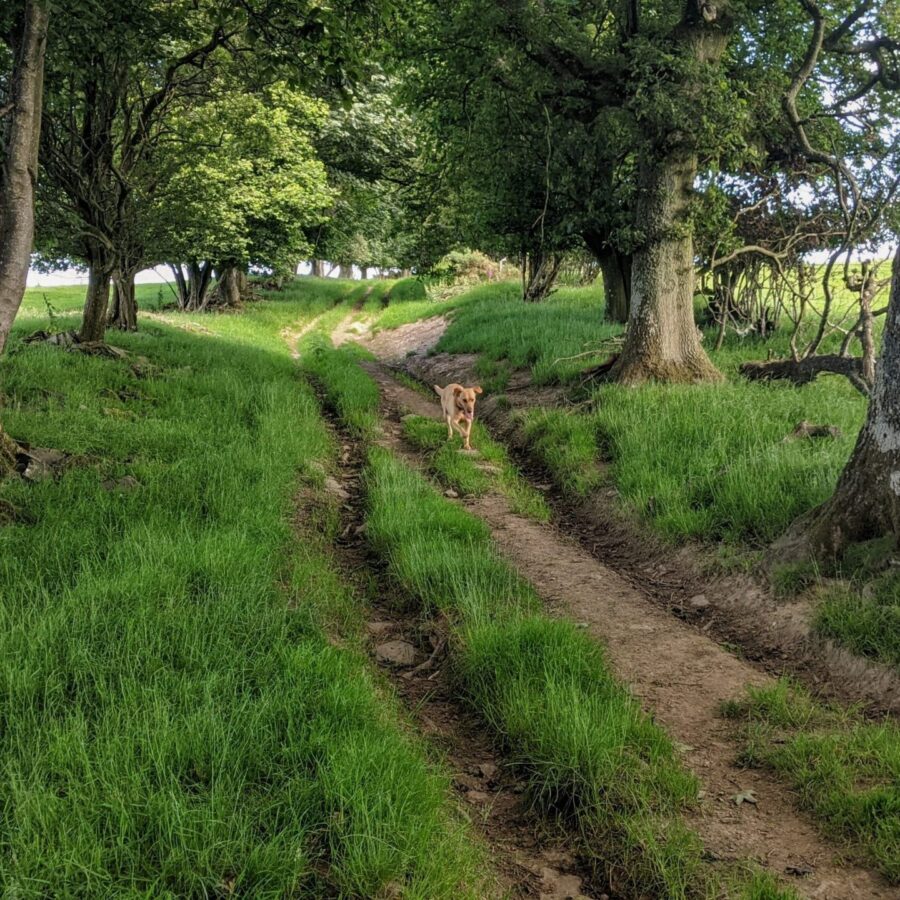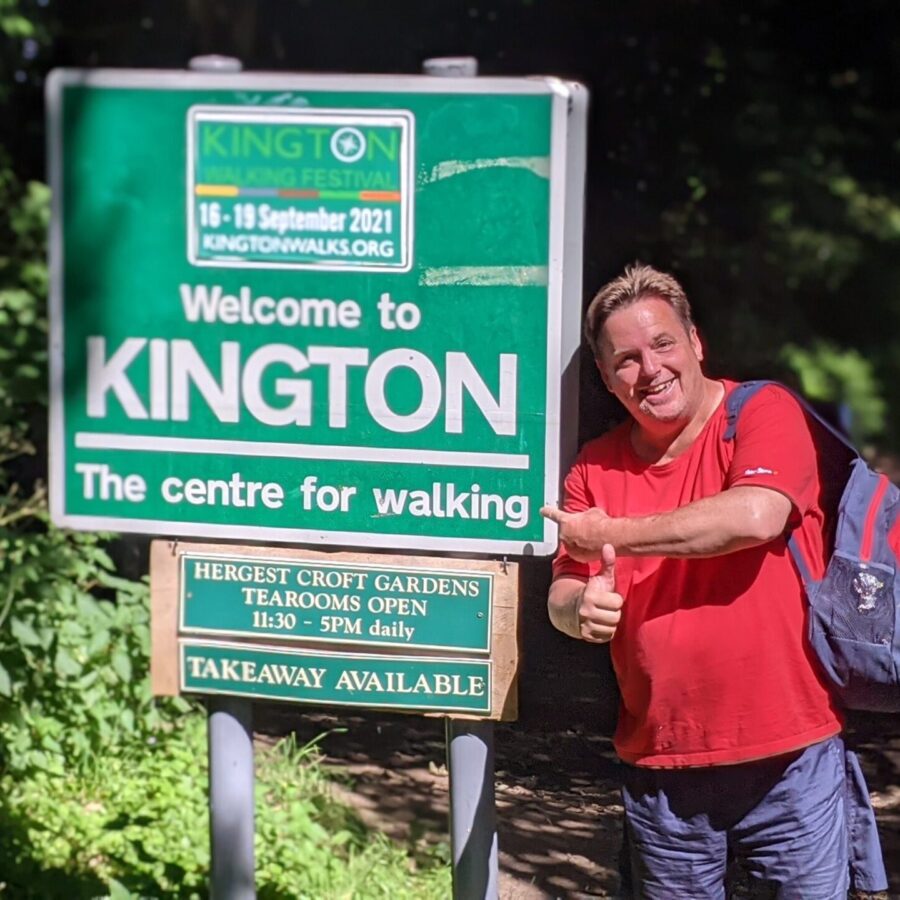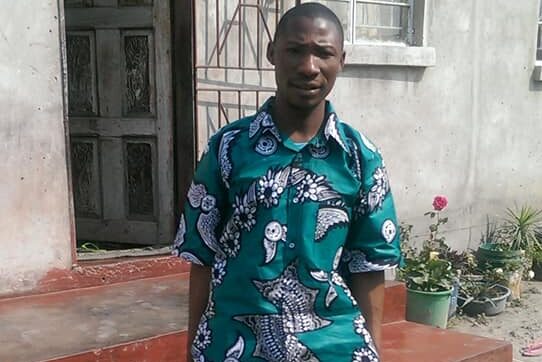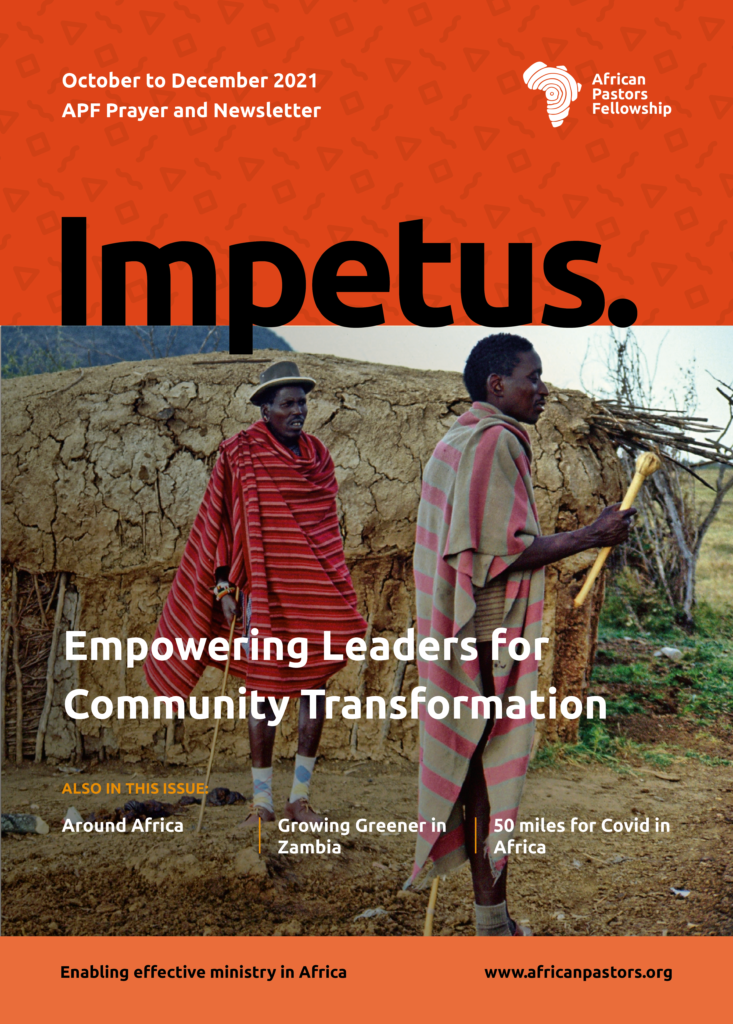
October 2021 Impetus.
Thank you so much for reading our October 2021 newsletter.
Do you remember when the world was young and ZOOM was just an onomatopoeic word used in primary schools? Or when it became the title of a hit song by Fat Larry’s Band in the 1980’s? Now I suffer ‘Zoom fatigue’ and I have developed my own brand of ‘Zoom wear’: smart up top, casual down below!
I have spent a lot of time, too much time, on Zoom calls over the past 18 months. In the midst, some excellent contacts have been made and relationships developed.
I especially enjoyed meeting the Archbishop of Uganda, Most Revd Dr Stephen Kaziimba. We were introduced because in addition to the obvious synergy between his ministry and APF’s, we share a common concern for children and families living with disability.
Archbishop Stephen shared his vision for the conversion of heads, hearts, hands, homes and hospitals and we prayed together for the outworking of this defining motive.
Another excellent contact is Pastor Edward Kiwanuka. Edward is founder and national overseer of Deliverance Church Uganda, a network of more than 500 churches, schools and clinics in Uganda, Burundi, DRC and Kenya. The movement began at Makerere University in the late 1960s. Pastor Edward has already received funding from APF for local language Bibles and we are working towards online eVitabu introduction workshops with church leaders.
There is no doubt the world has changed; the word ZOOM will never be the same again. Here at APF, we’re adapting well to the new normal and planning for the future. I believe this edition of Impetus illustrates the agility of APF and ingenuity of our partners, finding ways to minister despite lockdowns and loss. But I also pray for more opportunities to meet friends like Archbishop Stephen and Pastor Edward and many others in-person during 2022.
Thank you for your continued support

Revd Dave Stedman
CEO
APF 40th Anniversary Celebration
Join us at St Margaret’s Church, Whitnash (near Leamington Spa) on Sunday 3rd October* from 10am to celebrate 40 years of African Pastors Fellowship.
Start by joining us at for a Celebration Harvest Service.
This will be followed by:
- Wonderful African catering and music
- Keynote addresses
- Recorded greetings from African partners
- And more!
For catering purposes, please register your attendance by visiting https://bit.ly/APF40
Call us on 01227 681186 or email info@africanpastors.org for more information.
* The event was originally scheduled for June 26th but has been postpone due to closeness of this date to the planned easing of lockdown restrictions.
** If it is not possible to have a physical gathering because of Covid-19 restrictions, we will have an online event instead. Although in that case, you may have to do the food yourself!

